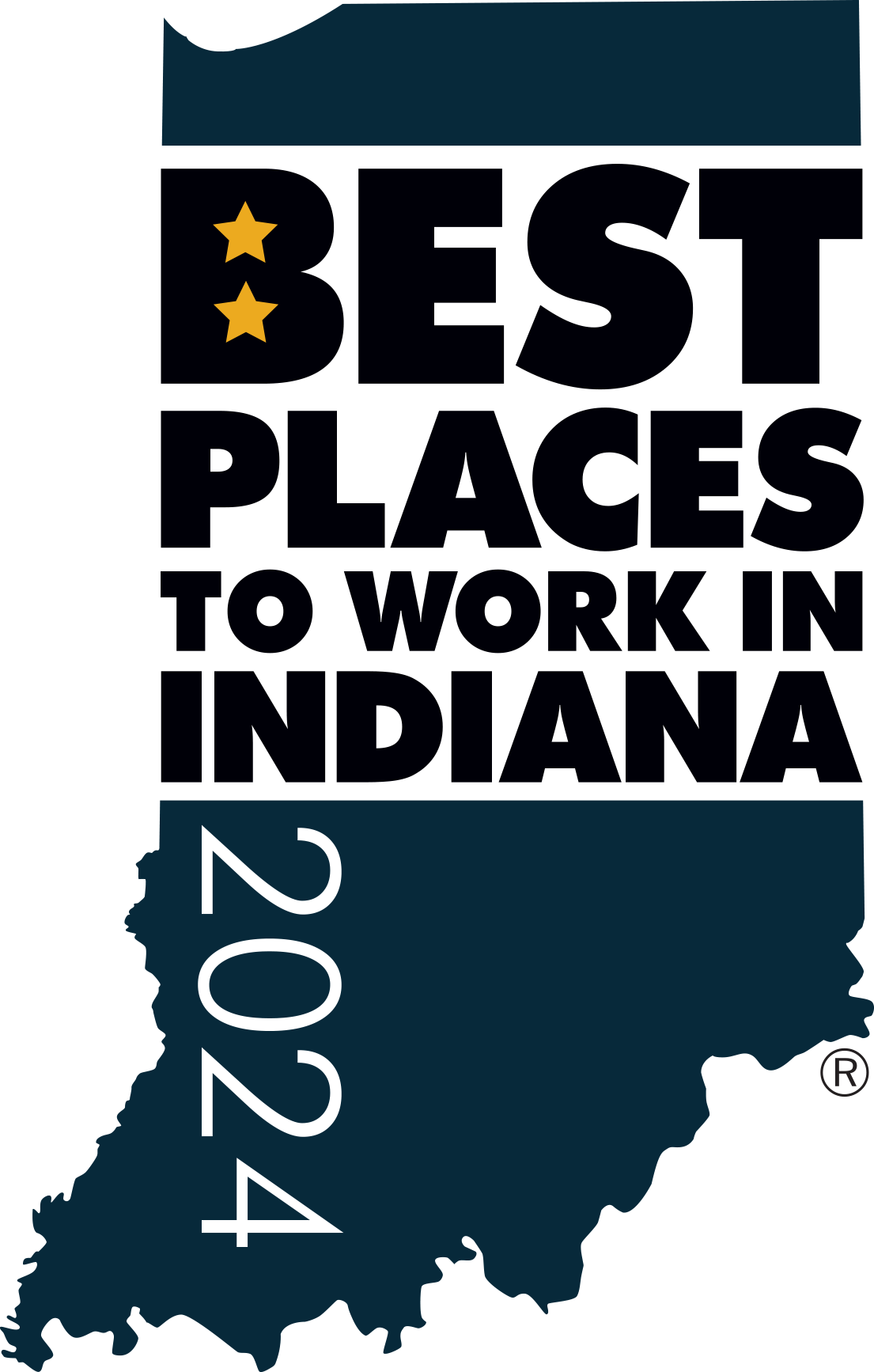The Opportunities Are Never Equally Good
I recently worked with a candidate who had received simultaneous job offers. His assessment was that both were equally good options. When I asked him to differentiate the two, he immediately focused on salary, as it was an obvious, quantifiable difference. (One offer was five thousand dollars more than the other.) I pressed him for other differences, but he wasn’t giving me anything. “They’re both great opportunities,” he kept saying.
Both opportunities may indeed be great. But they’re not the same. Industry, type of business, company culture, quality of life, differences in responsibility, advancement potential, leadership and location are all critical. But they’re not equally good. Anywhere.
I stressed to him the importance of first evaluating each opportunity against his personal and professional criteria – ignoring compensation initially. More money will not compensate for a lack of personal and professional alignment (pun intended). That lack of alignment often becomes an issue that dollars don’t fix. I explained that if we conclude, based on his personal and professional criteria, that the opportunity with the lower salary is the right one, we can consider making a counteroffer to the employer. They just might accept it.
My candidate and I talked, texted and emailed until we got to a substantive comparison. There were differences. It took some effort to analyze them. He made his decision, and it wasn’t based solely on a pre-tax difference of $416.67 per month.
Henry Ford famously said, “Thinking is the hardest work there is, which is probably the reason so few engage in it.” We all seek the path of least resistance at times. This shouldn’t be one of those times. Limiting your focus to salary is at best intellectually lazy; and, at worst, a recipe for regret, unhappiness and a poor career decision.

